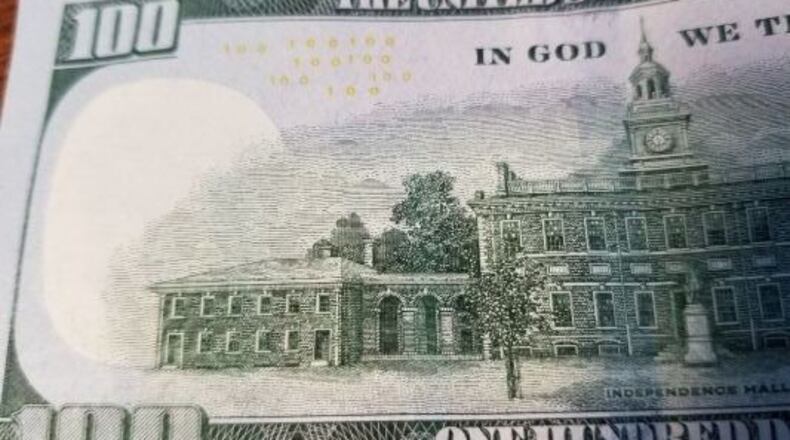The agreement includes only $77.4 billion in budget offsets to pay for an estimated $320 billion in extra spending over two years.
While the President tweeted his support, joined by Congressional leaders in both parties, a handful of lawmakers said the deal made no sense, because it guaranteed more deficit spending.
More spending. More debt. More failure of representation. This “deal” reflects our broken process. A few “leaders” dictate terms to everyone else. They don’t care how bad the “deal” is for America, as long as they maintain power. They then bribe and punish others to get it done. https://t.co/v6URi8T7x6
— Justin Amash (@justinamash) July 22, 2019
Budget deal. pic.twitter.com/PHa754iGRJ
— Rep. Mark Walker (@RepMarkWalker) July 22, 2019
To the best of my knowledge, the current spending “deal” fails in virtually all respects, setting aside more support for defense. It busts caps (further), increases debt, funds Planned Parenthood... yet, does not fund ICE & border security fully. So, it does NOT #DoWhatWeSaid
— Chip Roy (@chiproytx) July 23, 2019
With the White House already forecasting deficits above $1 trillion for the next four years, this agreement would do nothing to ease that tide of red ink, which had dropped to $438 billion in 2015 - but has steadily increased over the past three years.
"With more than $22 trillion in debt, we simply cannot afford deals like this one," said Rep. Mike Johnson (R-LA), the head of the conservative Republican Study Committee.
"It’s not too late to reject the Pelosi-Mnuchin spending deal and strike a better deal for all Americans that cuts spending," argued Jessica Anderson, a former Trump budget official.
Average annual discretionary spending growth:
— Jim Tankersley (@jimtankersley) July 23, 2019
*Obama 1st term: +3%
*Obama 2nd term: -2%
*Trump 1st 3 fiscal yrs (pace): +4%https://t.co/lzedj0PyJf
But those voices have faded into the wilderness in recent years in the GOP, as deficits have steadily increased under President Trump.
“It’s pretty clear that both houses of Congress and both parties have become big spenders, and Congress is no longer concerned about the extent of the budget deficits or the debt they add,” said the Club For Growth, which has seen its influence on Capitol Hill dwindle in recent years.
About the Author

